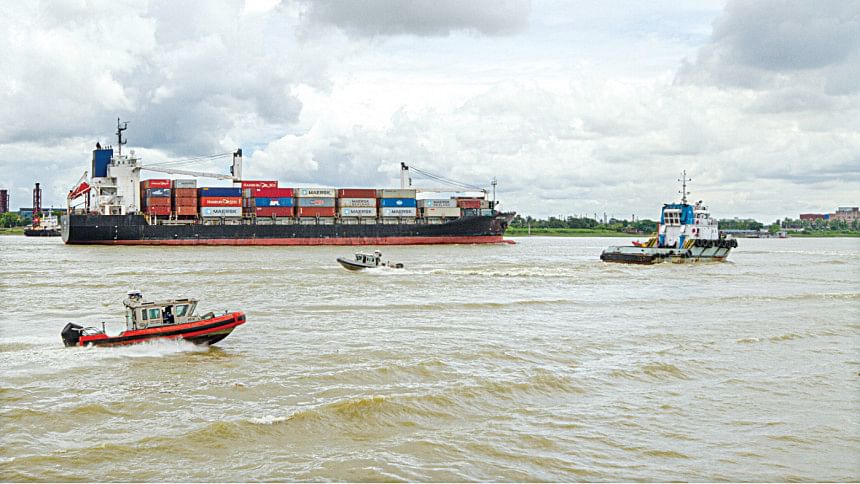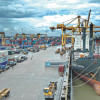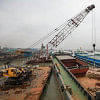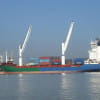New policy introduced for goods transport by lighter vessels

The shipping ministry has introduced a new policy for the transportation of goods via inland water routes using lighter vessels from seaports.
As part of the policy, a new coordination body, the Bangladesh Water Transport Coordination Cell (BWTCC), will manage the allocation and scheduling of lighter vessels.
According to the policy, only lighter vessels approved, registered, and permitted for bay crossing by the Department of Shipping (DoS) and coastal vessels approved by the Mercantile Marine Office (MMO) in Chattogram will be allowed to transport goods from mother vessels at seaports and outer anchorages to various destinations.
The policy stipulates that no lighter vessel will be permitted to transport imported cargo from mother vessels without allocation from the BWTCC.
In case of violations, the Director General of the Department of Shipping may revoke or suspend the vessel's survey certificate or bay crossing permission.
However, lighter vessels owned by factories or groups of companies will be allowed to transport their own imported cargo without needing to follow the BWTCC's scheduling system.
The ministry issued a gazette on Tuesday, signed by its Secretary Delwara Begum, formalising the policy.
A 10-member monitoring committee, headed by the Director General of the Department of Shipping, will be established to oversee the operations of the BWTCC, as outlined by the policy.
In 2004, three organisations—the Bangladesh Cargo Vessel Owners Association (BCVOA), the Inland Vessel Owners Association of Chattogram (IVOAC), and the Coastal Ship Owners Association of Bangladesh (COAB)—jointly formed the Water Transport Cell (WTC) to coordinate the transport of imported cargo via inland waterways.
However, tensions had been rising between the BCVOA and IVOAC leadership in recent years, culminating in the IVOAC's decision to get separated from the WTC on December 19 of last year, opting to operate vessels independently.

 For all latest news, follow The Daily Star's Google News channel.
For all latest news, follow The Daily Star's Google News channel. 








Comments